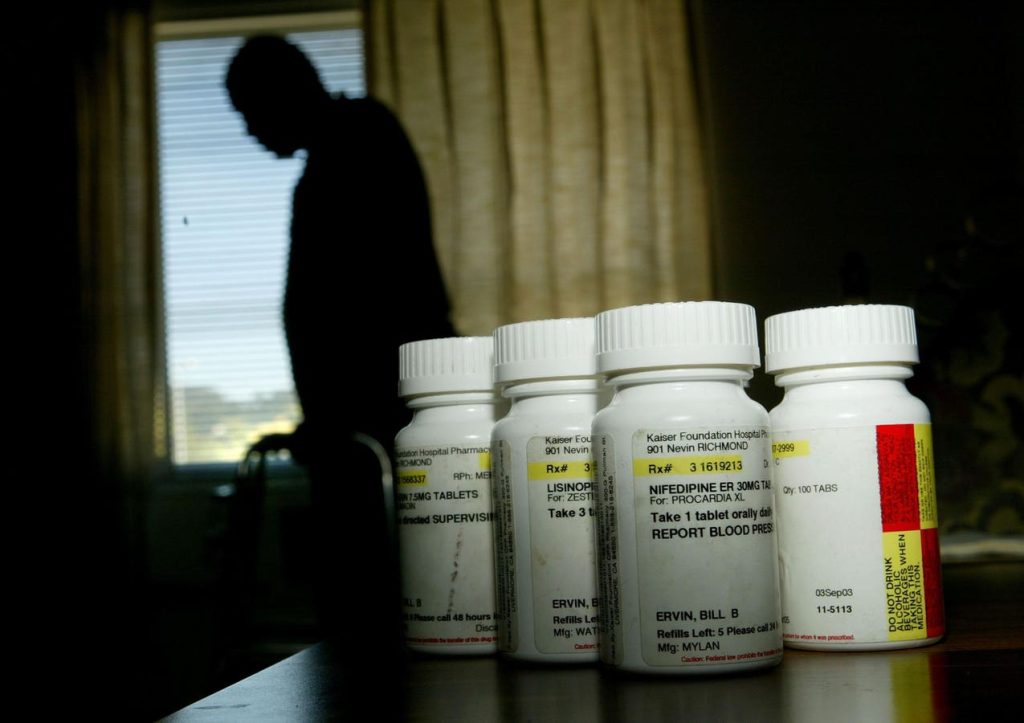Medical debt is a widespread issue in the United States, with approximately 20% of Americans having some form of medical debt. This has led to healthcare providers becoming more aggressive in collecting past-due bills, sometimes using aggressive debt collection firms to contact and harass individuals. The Consumer Financial Protection Bureau (CFPB) has studied this issue and found that two-thirds of medical collections on credit reports will no longer be reported starting in 2023 for bills less than $500. This could provide relief for many consumers who have smaller medical debts.
The CFPB report also found that residents of lower income, majority Black, or Hispanic census tracts are more likely to have medical collections on their credit reports, but may not benefit as much from the changes announced by the credit reporting agencies. While the changes may result in the majority of individual medical collections tradelines being removed from credit reports, a large majority of reported medical collections may still remain in terms of dollar amounts. The report also provides a state-by-state breakdown of how the credit reporting changes will impact consumers.
To protect yourself from abusive bill collectors and ensure the accuracy of your credit reports, it is important to know your rights under the federal Fair Debt Collection Practices Act. You have the right to see your credit reports and correct any errors at least once a year. You can request your free credit reports from all three credit agencies through the Annual Credit Report Request Service in Atlanta, Georgia. By staying informed about your rights and taking control of your credit reports, you can protect yourself from coercive credit reporting practices related to medical debt.
Medical debt can be a major financial burden for many Americans, and the aggressive collection practices employed by some healthcare providers and debt collectors can exacerbate this issue. The CFPB’s report highlights the need for further action to address medical debt credit reporting problems and protect consumers from unfair practices. By understanding your rights under the law and regularly monitoring your credit reports for inaccuracies, you can take steps to protect yourself from harmful credit reporting practices related to medical debt. It is important for individuals to advocate for their own financial well-being and hold healthcare providers and debt collectors accountable for their actions.















